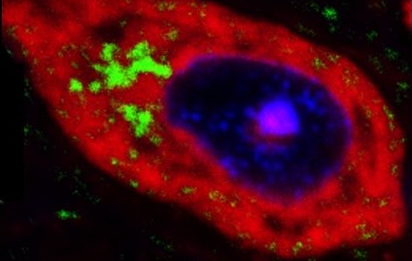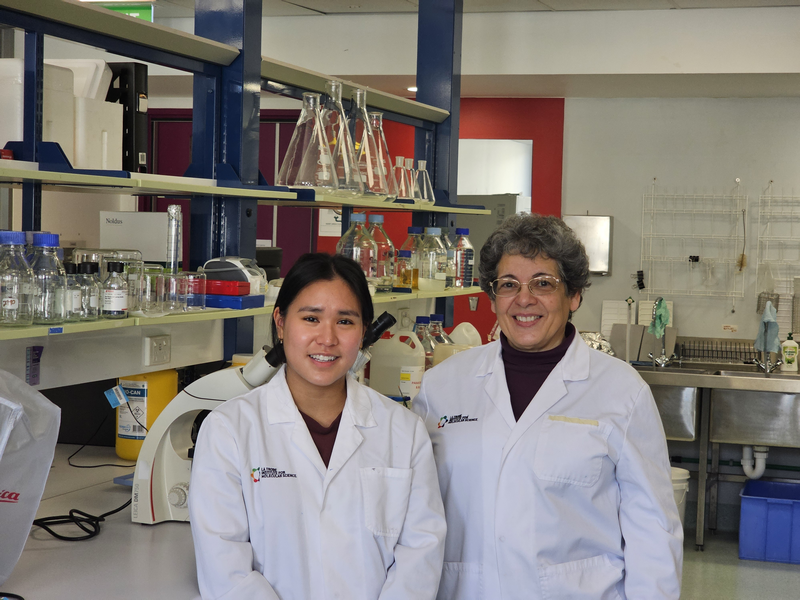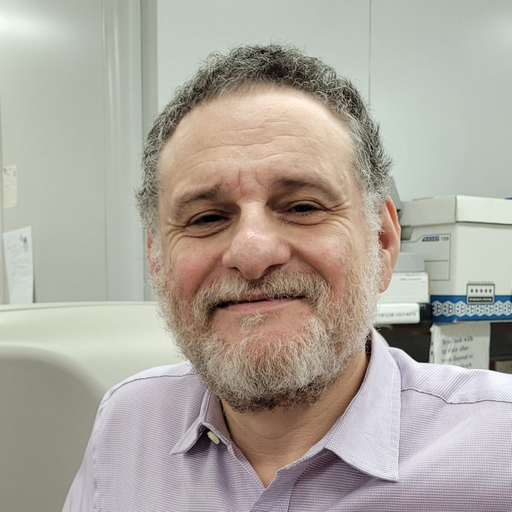Platelet-targeting drug for autoimmune dysfunction

Summary
There are over 80 known autoimmune diseases affecting 10% of the world’s population through rheumatoid arthritis, systemic lupus erythematosus (SLE), type 1 diabetes, multiple sclerosis (MS), celiac disease, to name a few. They result from the body’s immune system mistakenly attacking the body's own tissues. In MS this causes bouts of neurological symptoms and irreversible neurodegeneration over time.
Current MS drugs slow progression but do not distinguish between disease-related and healthy immune cells, leaving patients vulnerable to opportunistic infections.
Emerging from the discovery that blood cells known as platelets drive autoimmunity we established that blocking platelets prevents destruction of nerves and other brain structures, and targeting platelets has the potential to be a safer treatment strategy. Our project aims to develop a platelet-targeting drug which will address key aspects of the autoimmune process, limit tissue damage, and prevent disease progression. We also plan to generate proof-of-concept data to validate these candidates.
Our story

Like a lot of things in science, research outcomes are not only about method and observation, but good luck and good management. Scientists should be open to what are often fundamental explanations as to why things go wrong in a disease context.
For 30 years I have been passionate about researching for MS, a disease I’ve witnessed friends and colleagues succumb to with various degrees of crippling and painful effects.
Until around 2000 platelets had only been known for their role in the formation of blood clots, then information started to emerge which showed they help the body’s defence mechanisms guard against infectious organisms and in tissue repair following injury.
In a literature search we found a report written in 1937 that associated platelets with MS, and my good luck was that when examining some animal tissue in 2000 I saw the platelets. They swim in the blood, but along the side of the blood vessel and on a second inspection I found them within MS lesions in the brain and decided to follow this line of research. We found them to be sensitive and early responders and wanted to see if they were playing an early role which could make them a better target for a drug.
In 2005 we began to investigate whether platelets do play a role in multiple sclerosis (MS), and since then have established they do play a critical role in attracting other immune cells into the brain and thus represent a potential novel drug target not only for MS but all autoimmune diseases.
Endorsed by
I met Jacquie 10 years ago when we were both working on MS (Multiple Sclerosis) and a few other areas related to this, and I have continued to follow her work.
What impressed me was the very original approach she took to understand the mechanism of the disease. Jacquie analysed the role of platelets beyond their known ability to prevent abnormal bleeding and how they can exacerbate the lesions in the small blood vessels in the brain. Generating a lot of data and imaging Jacquie’s work has led to her being able to demonstrate the role of platelets.
This will orient scientific research to new therapeutics and find solutions to the inflammatory lesions that cause damage in various tissues leading to the various auto immune diseases.

Jacquie’s research with platelets is really interesting and original. The principal is very new and is the result of the work she has carried out over a number of years.
Addressing some of the first steps that within the context of neuroimmunology starts the processes that mess up your brain, and it opens up the ability to consider small molecules or fusion peptides to stop or reduce the damage.

Jacquie is an expert in the role of platelets in multiple sclerosis, a very experienced researcher in this field with a track record that endorses the feasibility of this project. Neuroimmunology is a subspecialty area of neurology and if you want an expert in platelets, she is the one!
Focussed on advancing scientific discoveries in the field of neuroimmunology, Jacquie’s research, together with her contribution to national societies, builds the science and scientists of tomorrow.
